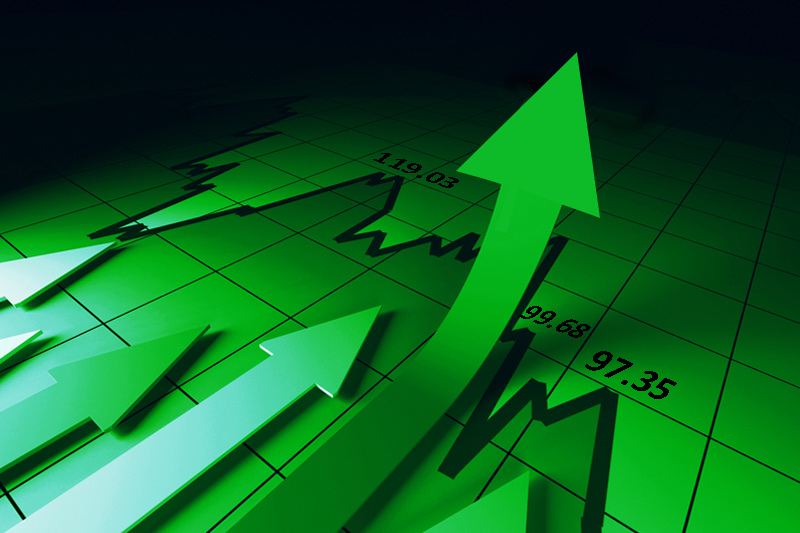Investing.com – The euro erased early losses against the U.S. dollar on Tuesday, climbing to a fresh daily high, amid a pullback in risk aversion after Japan upgraded the severity of its nuclear crisis earlier in the day.
EUR/USD rebounded from 1.4378, a two-day low, to hit 1.4457 during European late morning trade, gaining 0.15%.
The pair was likely to find support at 1.4290, Friday’s low and resistance at 1.4486, Friday’s high and a 15-month high.
The euro shrugged off data showing a sharper-than-expected decline in German investor-expectations in April.
The ZEW Center for European Economic Research said its German investor-expectations index declined to 7.6 from 14.1 in March. Economists had expected the index to decline to 10.0.
"Despite the positive economic development, considerable risks may result from increasing commodity prices," said ZEW President Wolfgang Franz. "These price increases could lead to second-round effects that could then force the European Central Bank to adopt a more restrictive monetary policy."
Last week the ECB increased its key interest rate for the first time since July 2008 to 1.25% from 1%.
The euro was also higher against the pound, with EUR/GBP surging 0.69% to hit 0.8892.
Later Tuesday, the U.S. was to release government data on its trade balance and the federal budget balance.
EUR/USD rebounded from 1.4378, a two-day low, to hit 1.4457 during European late morning trade, gaining 0.15%.
The pair was likely to find support at 1.4290, Friday’s low and resistance at 1.4486, Friday’s high and a 15-month high.
The euro shrugged off data showing a sharper-than-expected decline in German investor-expectations in April.
The ZEW Center for European Economic Research said its German investor-expectations index declined to 7.6 from 14.1 in March. Economists had expected the index to decline to 10.0.
"Despite the positive economic development, considerable risks may result from increasing commodity prices," said ZEW President Wolfgang Franz. "These price increases could lead to second-round effects that could then force the European Central Bank to adopt a more restrictive monetary policy."
Last week the ECB increased its key interest rate for the first time since July 2008 to 1.25% from 1%.
The euro was also higher against the pound, with EUR/GBP surging 0.69% to hit 0.8892.
Later Tuesday, the U.S. was to release government data on its trade balance and the federal budget balance.
